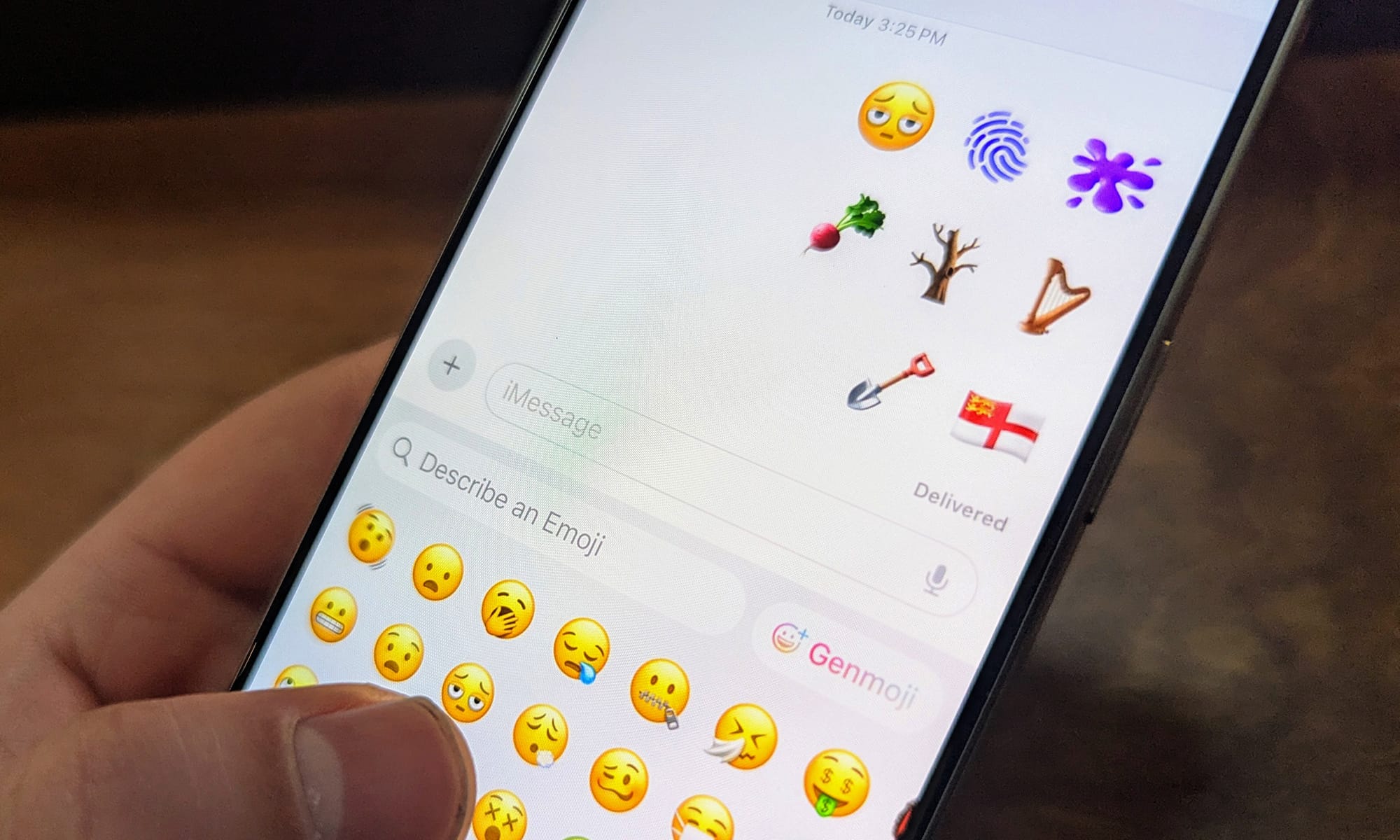Apple has confirmed that macOS systems are currently being targeted by zero-day vulnerabilities, leaving users potentially exposed to malicious attacks. These vulnerabilities, identified as CVE-2023-41064 and CVE-2023-41061, are being actively exploited, adding urgency to the situation. This disclosure comes on the heels of an initial report by Citizen Lab, a research group at the University of Toronto, which discovered these exploits being used to deliver Pegasus spyware to a civil society organization.
These zero-day vulnerabilities allow attackers to bypass security measures and execute arbitrary code on vulnerable macOS devices. CVE-2023-41064, a vulnerability in the Image I/O framework, can be exploited by processing a maliciously crafted image. CVE-2023-41061, residing in the Kernel, enables attackers to execute arbitrary code with kernel privileges. The combination of these two vulnerabilities creates a potent attack chain, allowing the attacker to gain complete control over the targeted system.
What are Zero-Day Exploits?
A zero-day exploit takes advantage of a software vulnerability that is unknown to the vendor. This means that a patch to fix the vulnerability doesn’t yet exist, leaving users defenseless. The term “zero-day” refers to the fact that the developers have zero days to fix the issue before it’s being exploited in the wild. These types of exploits are particularly dangerous because they can be used to deliver malware, steal data, or take control of a system before users or developers even know there’s a problem.
The Pegasus Connection
Citizen Lab’s investigation revealed that these zero-day vulnerabilities were being leveraged to deliver the notorious Pegasus spyware, developed by the Israeli cyberarms firm NSO Group. Pegasus is a highly sophisticated surveillance tool capable of remotely accessing a victim’s device, extracting sensitive data, activating the camera and microphone, and monitoring communications. This revelation highlights the serious implications of these vulnerabilities, as they can be used to target individuals and organizations, potentially leading to severe privacy breaches and security risks.
Apple’s Response
Apple has acted swiftly to address these vulnerabilities by releasing macOS Ventura 13.5.2, which includes security patches for both CVE-2023-41064 and CVE-2023-41061. It is crucial for all macOS users to update their systems immediately to mitigate the risk of falling victim to these exploits.
To update your macOS system:
- Go to System Settings.
- Click on General.
- Select Software Update.
Protecting Yourself from Zero-Day Exploits
While Apple’s prompt response in patching these vulnerabilities is commendable, it’s important to remember that zero-day exploits are an ongoing threat. Here are some essential practices to protect yourself:
- Keep your software updated: Always install the latest security updates for your operating system and applications as soon as they become available. This ensures that you have the latest protection against known vulnerabilities.
- Be cautious with email attachments and links: Avoid opening attachments or clicking on links from unknown or untrusted sources. These can often be used to deliver malware that exploits zero-day vulnerabilities.
- Use a reputable antivirus and anti-malware software: A good security solution can help detect and prevent malicious software from infecting your system, even if it exploits a zero-day vulnerability.
- Enable a firewall: A firewall acts as a barrier between your computer and the internet, blocking unauthorized access to your system.
- Be wary of suspicious websites: Avoid visiting websites that appear suspicious or that you’re not familiar with. These sites may contain malicious code that can exploit vulnerabilities in your browser or operating system.
- Stay informed about security threats: Keep up-to-date on the latest security news and vulnerabilities. This will help you be aware of potential threats and take steps to protect yourself.
The Larger Context
This incident underscores the constant cat-and-mouse game between security researchers, software vendors, and malicious actors. Zero-day vulnerabilities are a significant challenge in cybersecurity, as they can be exploited before defenses can be put in place. It highlights the importance of responsible vulnerability disclosure, where security researchers report vulnerabilities to vendors, allowing them to develop and deploy patches before they are exploited in the wild.
My Personal Take
As someone who uses macOS daily, this news was definitely concerning. It’s a stark reminder that even with a reputation for strong security, no operating system is completely immune to vulnerabilities. I immediately updated my system and took the opportunity to review my security practices. This incident reinforces the importance of staying vigilant and proactive in protecting our digital lives.
Looking Ahead
The discovery and exploitation of these zero-day vulnerabilities serve as a wake-up call for the cybersecurity community and users alike. It emphasizes the need for continuous research and development in security, as well as the importance of user awareness and proactive security measures. As technology evolves and new threats emerge, it’s crucial for individuals and organizations to remain vigilant and adapt their security practices to stay ahead of the curve.










Add Comment